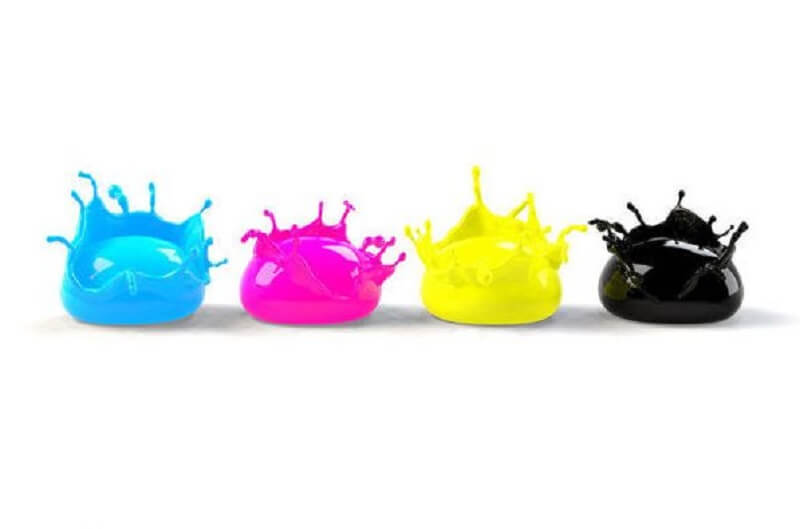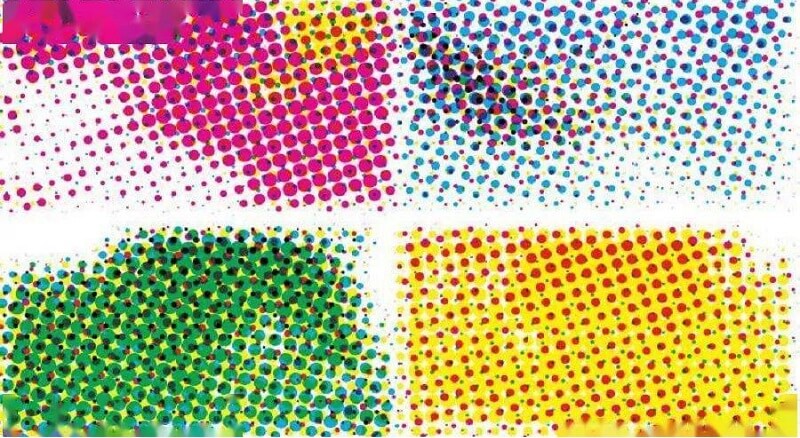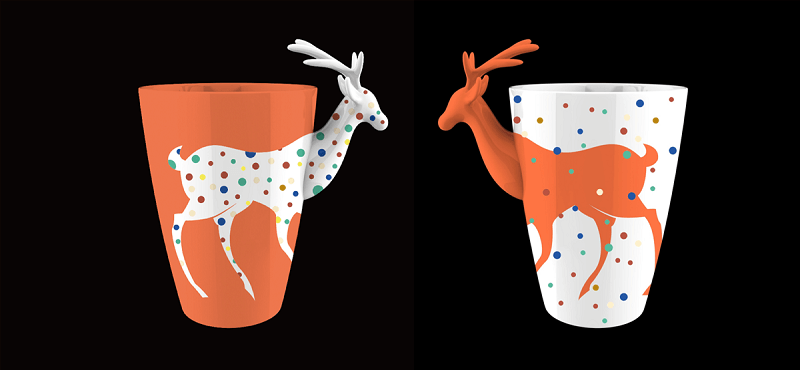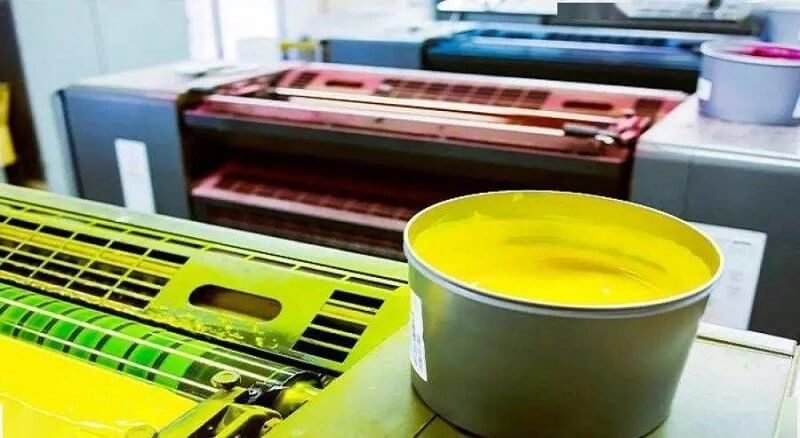When you need to purchase packaging boxes, you will often encounter the choice of the printing process. Is it to use CMYK printing or use spot color printing? CMYK printing is the superposition of inks to reproduce most of the colors in nature, thereby achieving accurate original color reproduction. For some special required colors, spot color printing can achieve this. What are the differences between spot color printing and CMYK printing in printed packaging boxes? Let’s find out together!

What are CMYK printing and spot color printing?
CMYK printing
CMYK printing is to use CMYK (cyan, magenta, yellow, black) to overprint the desired color. That is to use the different superposition of these four colors to obtain the desired color. Usually, the gradient colors of the printed matter are printed by CMYK printing. The CMYK printed paper has dots on the surface, and the dots of different colors can be seen with a magnifying glass.
Spot color printing
Spot color printing refers to a printing process that uses inks other than cyan, magenta, yellow and black to achieve the designed colors. In packaging printing, the spot color printing process is often used to print a large area of the base color without color change.

Features of CMYK printing
1. Wide application
In theory, CMYK printing can realize all kinds of color printing, whether it is gradient color or mixed color.
2. Rich color expression
When printing tasteful photos or other complex and changeable colors, CMYK printing can achieve the printing effect well.
3. There are dots on the surface of the printed matter
This is an important indicator to identify CMYK printing and spot-color printing.

Features of spot color printing
1. Accuracy
Each color in spot color printing has its fixed hue, which can ensure the accuracy of color during the printing process, thus solving the problem of color transfer accuracy to a large extent.
2. Opacity
There are no dots on the surface of the printed paper, and 100% of the printing area is covered by ink.
3. Wide performance color gamut
The color gamut in the spot color library is very wide, which exceeds the performance color gamut of RGB and CMYK. Therefore, a large part of the color printed by spot color cannot be represented by CMYK printing.

Scope of application of CMYK printing
Photos taken by color photography that reflect the colorful changes in nature, color artworks by painters, or other pictures containing many different colors must be processed for technical requirements or economic considerations. The electronic color separation machine or the color desktop system scans the color separation, and then adopts the CMYK printing process to copy and complete.
Scope of application of spot color printing
Some packaged products, book covers, and album covers are often composed of uniform color blocks of different colors or regular gradient color blocks and text. These color blocks and text can be overprinted with four primary color inks after color separation, or can be used spot color printing, and then print only one spot color ink on the same color block. In the case of comprehensive consideration of improving printing quality and saving the number of overprints, spot color printing is often selected. Packaging printing often uses spot colors to print large areas of base color.

What is the difference between the two printing visual effects?
Spot color printing has low color brightness and high saturation; color blocks with uniform color are usually printed in spot color. When using spot color printing, the amount of ink should be appropriately increased. When the thickness of the ink layer on the layout is large, the thickness of the ink layer will increase. The effect of the change on the color change will be reduced, so it is easier to obtain a uniform and thick printing effect of the ink color.




